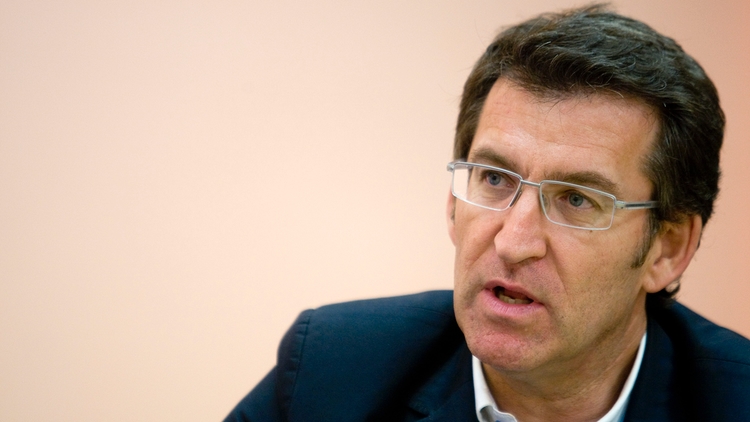Ángel Collado
Six months before the regional elections in May and a year before the general elections, extremes mark the start of the electoral cycle. Pedro Sánchez is reaffirming his commitment to head a broad left-wing front, from the populist Podemos to the separatist parties, including the heir of ETA (Bildu), and he is unsettling Alberto Núñez Feijóo, who is unable to find the right tone for opposition, while the extreme right of Vox finds room for recovery.
The parliamentary solidity of the social-communist coalition government and its pro-independence allies is confirmed by the approval of the General State Budget, despite its internal divisions, failures and botched legislation such as the so-called “only yes is yes law”. Sánchez takes on as his own the particular projects of his partners and allies on the far left or pro-independence, from the most radical feminism to measures to break up national unity.
From the Government, the head of the Executive punctually meets all the requirements of the parties that brought him to power in the 2018 motion of censure and have kept him in the Moncloa Palace ever since: pardons for the Catalan coup plotters, prison benefits for ETA terrorists, transfer of powers to the nationalist autonomous governments, persecution of teaching in Spanish in Catalonia or suppression of the crime of sedition tailored to the seditious ERC members.
There are so many and so far-reaching deliveries on behalf of the state by Sánchez to his partners that they overwhelm the opposition’s capacity to denounce and protest.
Faced with the spectacle of the coalition cabinet and its work in favour of pro-independence interests, the president of the PP, Alberto Núñez Feijóo, without a seat in Congress, warns of Sánchez’s unconstitutional drift and proposes himself as an alternative government. His message is aimed at the centre-right, a political space that he intends to unify in voting for his party, but also at the more moderate socialist electorate, uncomfortable with Sánchez’s concessions to the Catalan and Basque pro-independence supporters.
The Popular Party aims to collect a million socialist votes to achieve a broad victory over Sanchez in the next general elections. And also that this turnaround at the end of the year is anticipated in the regional elections in May in key regions that currently have PSOE governments: Castilla-La Mancha, Extremadura, Aragon and the Valencian Community.
Feijóo thus aspires to build a majority project around the PP, the centre right, but also with disenchanted socialists, in contrast to Sánchez’s commitment to a broad front of all left-wing and separatist parties. That is why he calls on the socialist barons who criticise Sánchez’s concessions to the pro-independence supporters, but do nothing to stop him, to take responsibility.
The main problem that the head of the opposition has in finding the tone with which he must play his role is that Sánchez does not play in the traditional terrain of competition for the political centre, in addition to shying away from any institutional consensus that his partners would not allow him to have.
Feijóo has the disadvantage of not being able to be in the Congress of Deputies every week and has to limit his parliamentary opposition activity to asking questions in the Senate (once a month at most) to the head of the Executive.
The sociological centre-right considers his analysis of the political situation and his denunciation of Sánchez’s break with the constitutionalism of the former PSOE to be correct. But the PP president is haunted by doubts about his response to the threat of regime change and the liquidation of national unity that he denounces. He does not want outbursts from his spokespersons to combat government propaganda against him, nor does he want to appear hand in hand with Vox.
The radicalism of Sánchez and his associates has given oxygen in recent weeks to the extreme right, which has been on the decline after its failure in the Andalusian regional elections and the departure from the party of its main parliamentary figure, Macarena Olona. With no qualms about verbal aggression against the ruling coalition, Vox has decided to take to the streets on its own in order to distance itself from the “lukewarmness” it sees in the majority opposition, the PP.
“Our objective is not to fill the streets, but to fill the ballot boxes,” Feijóo warned his supporters this weekend. His obsession is to win the May elections before the general elections against Sánchez. And for that he wanted the photo of the socialist deputies of half of Spain approving the end of the crime of sedition for the separatists. He believes that the PSOE’s services to the Prime Minister’s partners will sow doubts among the more traditional socialist electorate and facilitate the PP’s victory.






